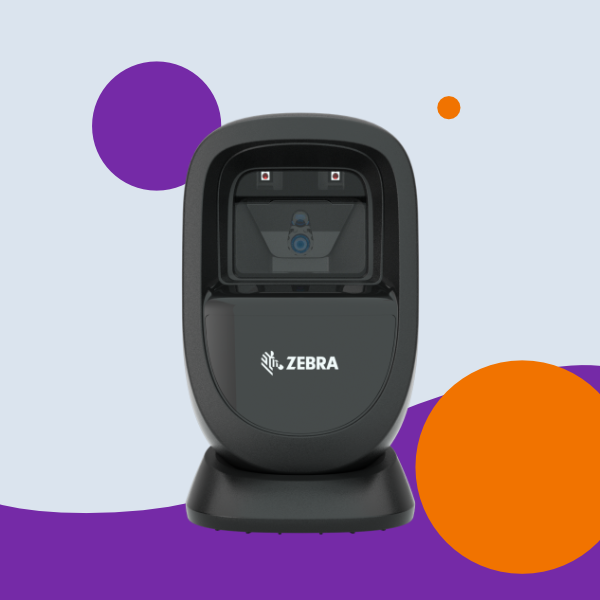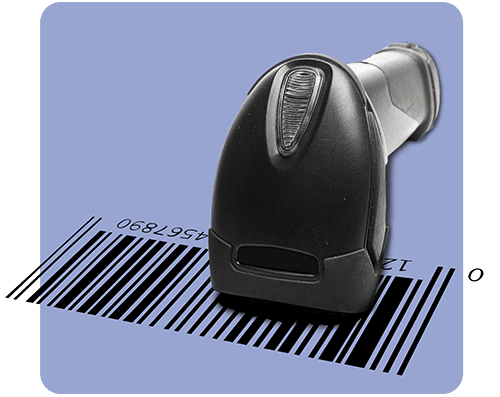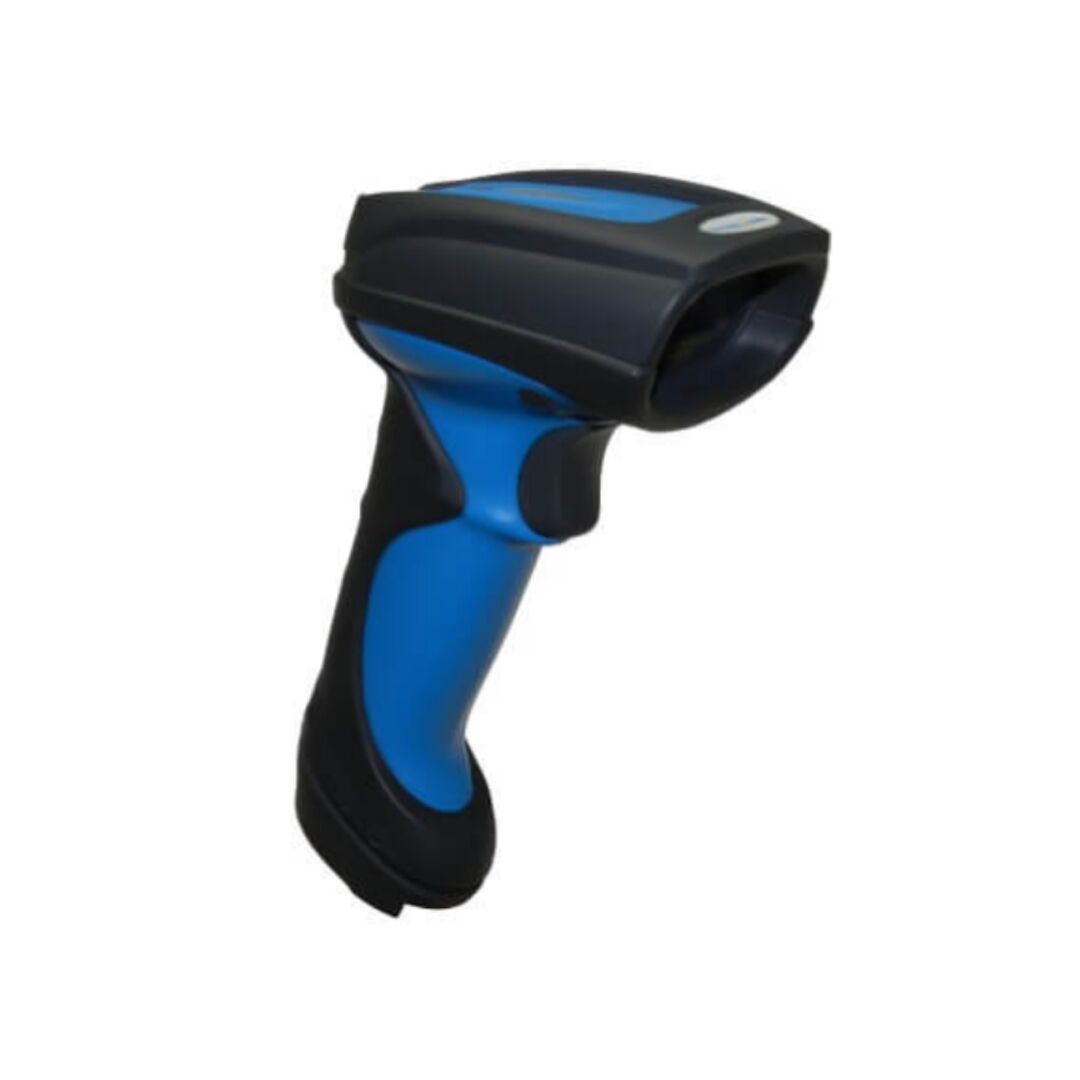Professional Barcodes Scanners for Enhanced Business Productivity
Professional Barcodes Scanners for Enhanced Business Productivity
Blog Article
Picking the Right Barcode Scanner for Your Business Requirements
Picking the ideal barcode scanner for your business requires a nuanced understanding of your particular operational demands and ecological problems. Elements such as scanner type, speed, and compatibility with existing systems play an essential role in establishing the appropriate selection.
Recognizing Barcode Scanner Kind
When it comes to selecting a barcode scanner, understanding the various types offered is critical for meeting specific business needs. Barcode scanners can be classified right into several kinds, each created for different applications and environments.
Fixed-mount scanners, on the other hand, are designed for high-volume scanning applications, frequently located in setting up lines or checkout counters. These scanners are placed in a stationary setting, enabling for rapid scanning of several items in succession.
Another kind is the mobile computer, which combines scanning capabilities with computing power. These tools are perfect for field procedures or stockroom administration, allowing information collection and real-time supply tracking. Furthermore, there are industrial scanners that are built to withstand rough environments, such as severe temperature levels or exposure to dirt and wetness.

Key Functions to Take Into Consideration
What crucial features should companies focus on when selecting a barcode scanner? Scanning rate is critical, as faster scanners improve operational performance, specifically in high-volume settings. The scanner's ability to check out different barcode formats is also vital; guarantee it sustains preferred types like QR codes, UPC, and Code 128 to fit diverse inventory items.
Longevity is an additional crucial function, particularly for businesses in tough settings. Search for models that are constructed to hold up against drops, dust, and dampness. In addition, think about the connectivity alternatives offered; whether you choose USB, Bluetooth, or Wi-Fi, the ideal connectivity can enhance assimilation with existing systems.

Examining Your Business Setting
To successfully pick a barcode scanner, companies need to analyze their details operational setting. This evaluation consists of examining the physical format of the work area, the nature of the items being checked, and the common problems under which scanning happens. As an example, a retail environment might require handheld scanners that can swiftly refine transactions at the checkout, while a stockroom setting may profit from ruggedized scanners made to withstand harsher conditions.
In addition, think about the volume of scanning needed. High-throughput settings may necessitate innovative scanning technologies, such as fixed-position scanners or smart phones that can run efficiently in hectic scenarios. The assimilation capabilities with existing stock administration systems additionally play an important role; make sure the selected scanner can perfectly get in touch with software application platforms being used.
In addition, analyze the possibility for growth and scalability. A scanner that satisfies current demands could not suffice as business expands. By extensively examining these variables, organizations can choose a barcode scanner that not only meets immediate demands yet likewise sustains lasting functional effectiveness and adaptability. This critical strategy eventually contributes to smoother processes and enhanced performance.
Budgeting for Your Scanner
Having Discover More Here actually examined the functional environment and recognized the specific needs for a barcode scanner, the following step entails mindful budgeting to guarantee a smart financial investment. Developing a budget begins with figuring out the general costs related to the scanner, including preliminary acquisition price, functional costs, and possible maintenance charges.
When picking a barcode scanner, think about the series of offered alternatives, from handheld tools to fixed-position scanners, as prices can vary substantially. It is necessary to stabilize price with functionality; opting for an this extra inexpensive design may lead to enhanced functional inadequacies if it does not meet your service demands.
Along with the hardware, element in expenses connected to software application, training, and prospective upgrades. While it could be tempting to reduce in advance expense, purchasing a high quality scanner that lines up with your functional needs can generate lasting financial savings through improved effectiveness and lowered downtime.
Last but not least, consider the total cost of you can try these out ownership, which encompasses the scanner's life expectancy and prospective resale worth. By meticulously planning your budget, you can ensure that your investment in a barcode scanner will boost your functional performance and economic efficiency.
Assimilation With Existing Equipment
Incorporating a barcode scanner with your existing systems is crucial for maximizing its performance and making certain smooth procedures. barcodes scanners. A well-integrated scanner improves process effectiveness, decreases errors, and increases information handling. When selecting a barcode scanner, consider compatibility with your current software program and equipment facilities, including your inventory monitoring systems, point-of-sale (POS) systems, and business resource preparation (ERP) options
Assess whether the scanner uses standard methods such as USB, Bluetooth, or Wi-Fi, which can assist in simple integration. In addition, examine whether the scanner's software application offers APIs or SDKs that permit for modification and integration with exclusive systems. This is especially important for services with special functional demands.
Moreover, think about the scalability of the scanning remedy. As your business expands, your systems ought to have the ability to suit additional scanners and manage increased data quantities without substantial reconfiguration. Inevitably, buying a barcode scanner that flawlessly integrates with your existing systems will produce lasting advantages, improving accuracy, efficiency, and general performance within your procedures. Take the time to thoroughly examine your assimilation requires prior to purchasing choice.

Final Thought
In conclusion, choosing an appropriate barcode scanner demands a detailed evaluation of numerous elements, including scanner types, crucial functions, and the specific service environment. The ideal barcode scanner serves as a crucial tool in streamlining procedures and promoting effective stock monitoring.
Report this page